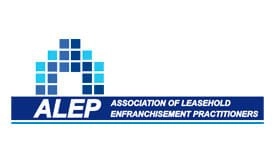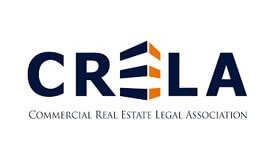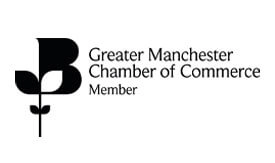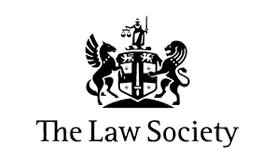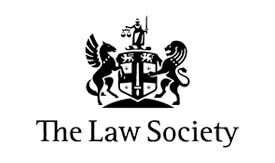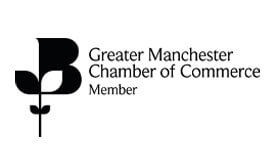Cryptocurrencies have caught the attention of the general public at the start of 2021 when many cryptocurrencies boasted extravagant surges in price in very short periods of time. These price volatilities benefitted many early investors, allowing them to accumulate a vast amount of wealth within a timespan of months. On the other hand, there have been many others who lost out through the volatility storms.
As for the ones who reaped the profits, real estate has been a common asset that the new generation of crypto traders decided to spend their money on. This has opened a new can of worms in light of regulatory concerns, solicitors’ duties under the SRA, lenders’ duties under the FCA and the government’s agenda of regulating cryptocurrencies to pave the way for an easier, safer and a more effective way to transact with cryptocurrencies.
What are cryptocurrencies?
Put simply, they are digital currencies which operate through a network of computers i.e. distributed ledger. The medium by which transactions are validated and processed is cryptography; complex mathematical formulae which are solved through computational power. This means that the currency is (a) decentralised as the network is not owned by any one body; (b) transparent as all transactions on the ledger are available to the public; (c) immutable, as all transactions on the blockchain are irreversible and; (d) anonymous as the identity of wallet holders on the blockchain is unknown.
Cryptocurrency and Property Purchases – Why is it a Problem?
The relevant transaction under concern is the trail from cryptocurrency to fiat money to transaction i.e. real estate. When purchasers fund part of their transaction with a mortgage, their solicitor will, in most cases, act for the lender as well. The SRA code of conduct for solicitors that will apply in such instances are as follows:
- Act in the best interests of each client (both the purchaser and lender separately);
- Provide a proper standard of service to your clients;
- Behave in a way that maintains the trust the public places in you and in the provision of legal services and;
- Protect client money and assets.
Solicitors are, therefore, under a duty toward the lender as well. The Mortgage Market Review issued by the Financial Services Authority states that lenders should assess client spending habits. Since cryptocurrency is extremely volatile and is seen by most financial institutions as gambling, lenders need to assess the spending habits of their borrowers, and in the case of cryptocurrency investing and trading, would be akin to gambling.
Part 2, point 5.3.1 of the Lenders’ Handbook states that their solicitor is required to report to them whether the source deposit originates from a crypto-asset. Since most professional negligence claims are brought by lenders against their solicitors, law firms have taken extra precautions in assessing client sources of funds and wealth, especially when their clients are taking a mortgage.
But What About Cash Purchasers?
Law firms have obligations imposed by the SRA in relation to checking sources of wealth and sources of funds for AML purposes. The Law Society’s Legal Sector Affinity Group (LSAG) on AML Guidance is the yard stick for all law firms’ processes on client checks. The guide states that law firms should take a risk-based approach on a case-by-case basis. Some law firms, on the other hand, will observe the Lenders’ handbook policies in tandem with the LSAG. Therefore, it is only a matter of time until all law firms will change their AML policies in relation to crypto-assets.
At Monarch Solicitors, we undertake enhanced due diligence on all clients whose sources of wealth and funds originate from profits generated from crypto-assets. This means that we consider those transactions to represent a higher risk of money laundering as defined under the LSAG, mortgage lenders’ handbook and The Money Laundering and Terrorist Financing (Amendments) Regulations 2019.
As part of this process, we adopt a case-by-case approach for each client. Factors taken into account include, but are not limited to:
- The value of the amount paid from crypto profits
- The property value
- The client’s risk-profile
- Co-operation of the client
Therefore, the information we may require include, but are not limited to:
- Transaction history of trades of crypto-assets;
- Trail of funds moving between exchanges/wallets;
- Wallet addresses of the relevant blockchains and transaction IDs;
- Informing the lender if applicable and;
- In the most extreme cases, invite the client to get consent from the NCA

